It seems to me that the information that betting so heavily on FTX and SBF was an avoidable failure. So what could we have done ex-ante to avoid it?
You have to suggest things we could have actually done with the information we had. Some examples of information we had:
First, the best counterargument:
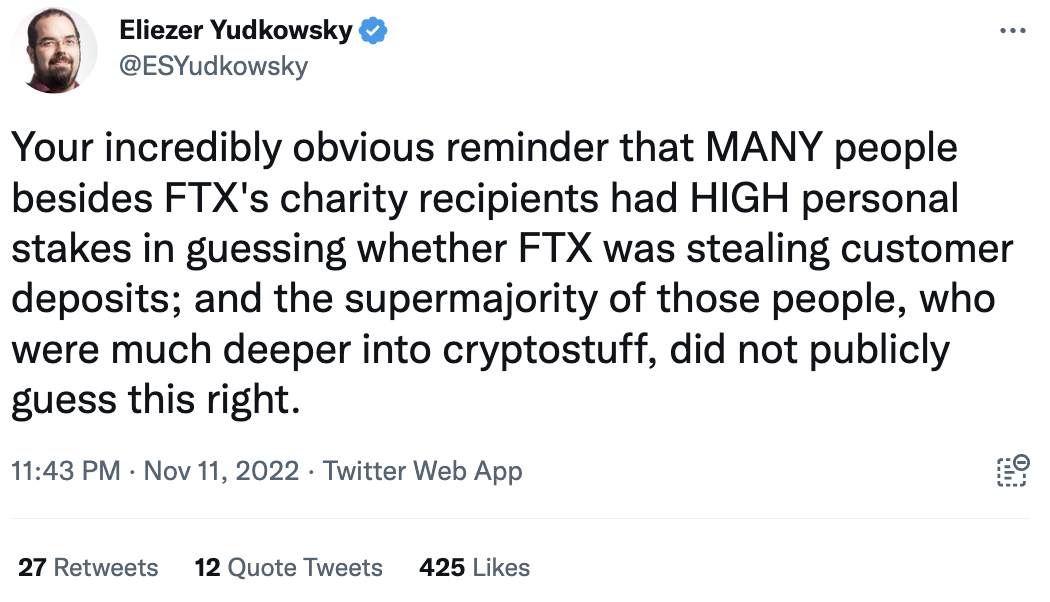
Then again, if we think we are better at spotting x-risks then these people maybe this should make us update towards being worse at predicting things.
Also I know there is a temptation to wait until the dust settles, but I don't think that's right. We are a community with useful information-gathering technology. We are capable of discussing here.
Things we knew at the time
We knew that about half of Alameda left at one time. I'm pretty sure many are EAs or know them and they would have had some sense of this.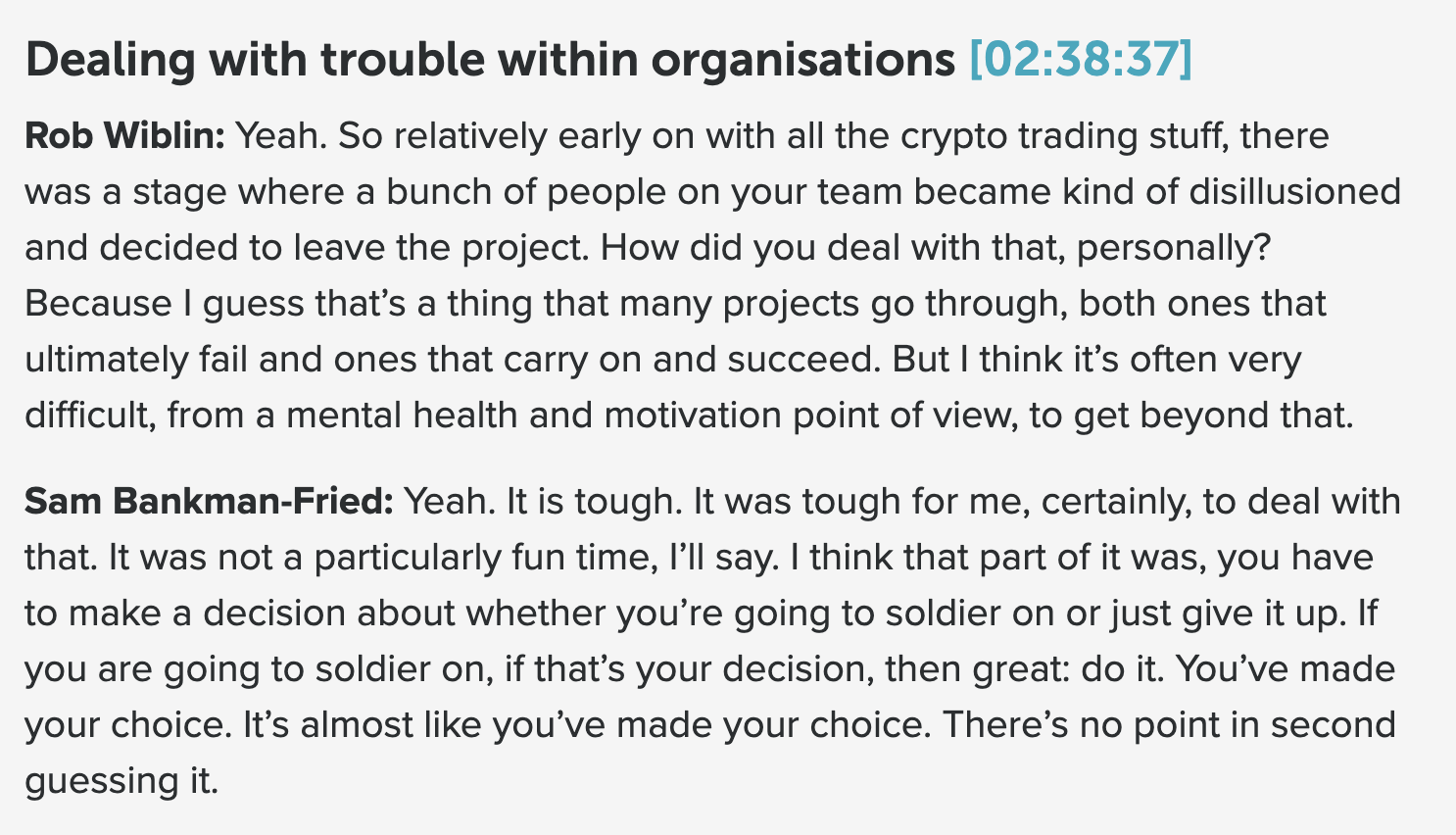
We knew that SBF's wealth was a very high proportion of effective altruism's total wealth. And we ought to have known that something that took him down would be catastrophic to us.
This was Charles Dillon's take, but he tweets behind a locked account and gave me permission to tweet it.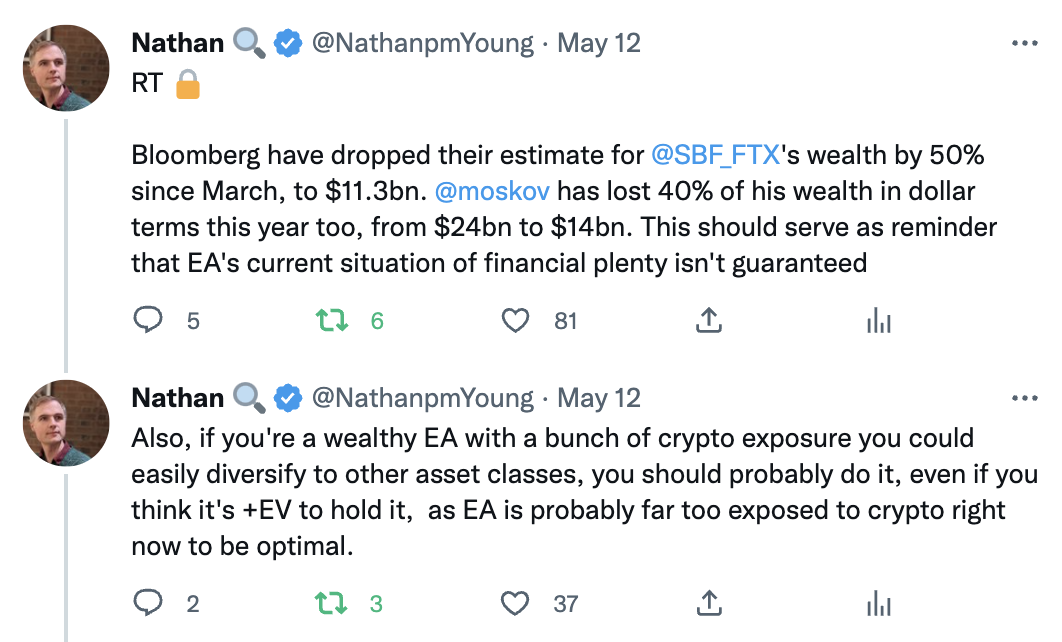
Peter Wildeford noted the possible reputational risk 6 months ago:
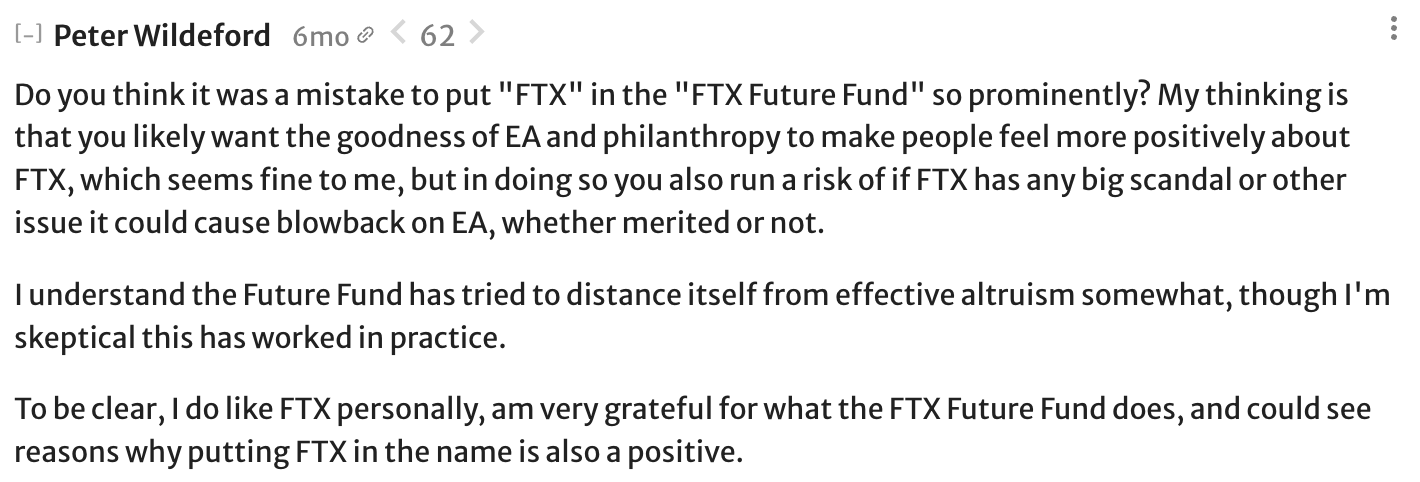
We knew that corruption is possible and that large institutions need to work hard to avoid being coopted by bad actors.
Many people found crypto distasteful or felt that crypto could have been a scam.
FTX's Chief Compliance Officer, Daniel S. Friedberg, had behaved fraudulently In the past. This from august 2021.
In 2013, an audio recording surfaced that made mincemeat of UB’s original version of events. The recording of an early 2008 meeting with the principal cheater (Russ Hamilton) features Daniel S. Friedberg actively conspiring with the other principals in attendance to (a) publicly obfuscate the source of the cheating, (b) minimize the amount of restitution made to players, and (c) force shareholders to shoulder most of the bill.

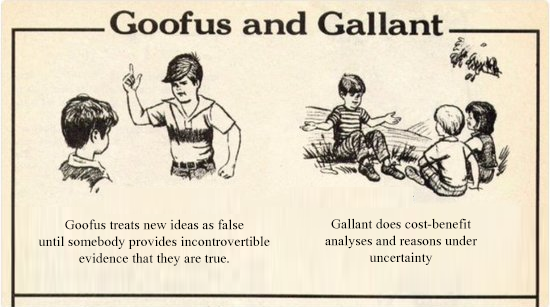
Hi Nathan,
Fraud is actually a high probability event. Over the the last 20 years especially with similar cases like ENRON in 2001 and LEHMAN Brothers in 2008, traditional institutions - (eg. publicly held corporations or banks) have coped with this through governance boards and internal audit departments.
I think newer industries like Crypto, AI and Space are slower to adapt to these concepts as newer pioneers are setting up managements that are unaware of the fraudulent past, the corruptive nature of the ability to acquire money and be able to hide/ misappropriate it. Well, I could understand why, startups won't spend more money for governance and reviews as it does not have a direct impact to the overall product or service and as they eventually get bigger - they fail to realize the need to review the control features that worked when they were still small...
I should put fraud risk to as high as 10% - could go higher if the internal controls are weak or non-existent. Like who checks SBF? or all of the funders? that is a great thing to start reviewing moving forward in my opinion. The cost of any scandal is too large that it will affect the EA community's ability to deliver its objectives.
All the best,
Miguel